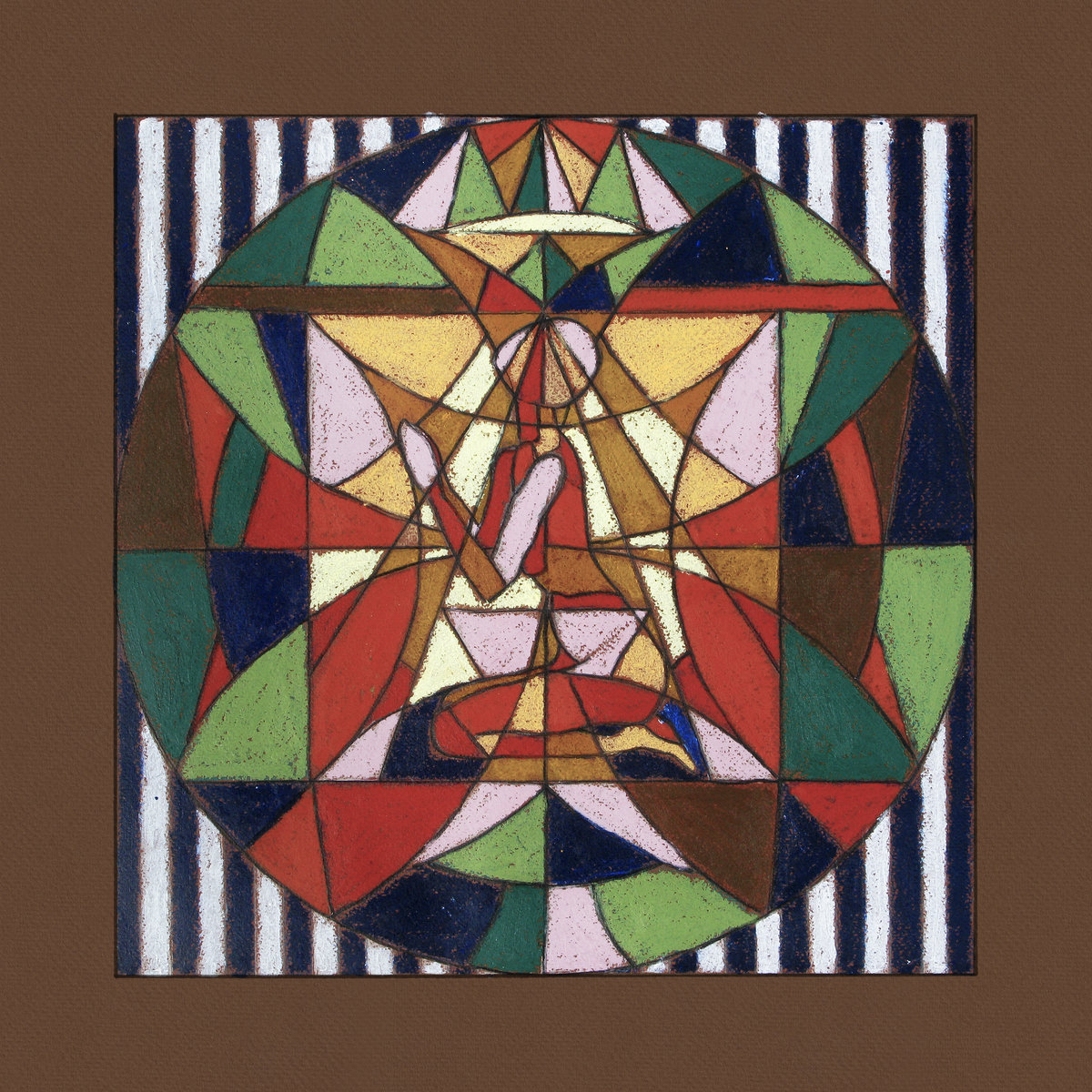Since 2022, I’ve been stuck in a loop of listening to the same three artists’ entire discographies, and a menagerie of random songs from countless other artists. The endless choice offered by streaming services have always overwhelmed me, so I wanted to slow down and be more intentional with my music. Getting a classic iPod has helped me form an identity around artists that I love, while making discovering new albums feel more meaningful, encouraging deeper listening rather than passive consumption.
To document this journey, here are the albums that resonated with me this year, released this year or not. As a note, I’ve never been particularly interested in if music is “good” or “bad”, instead I’ve love reading into artistic intent and the added value to specific populations. Each “review” will not include a score or grade, just a contemplation around its impact.
This page will be updated over the months, as I come across new sounds!
“Imaginal Disk” by Magdalena Bay…

Album released on August 23, 2024
Review posted on March 22, 2025
…is an album that feels particularly alien, but hopelessly familiar. My best description of it is “what hot girl summer would sound like on a distant planet”. I’ve always been wary of how technology and social media has affected our mental health: photoshopped bikini bodies and instagram beauty filters have done absolute destruction to our body images. MagBay explores how technologies of the distant future– the hypothetical world of simulated realities, genetic modification, memory manipulation– would amplify these insecurities. The album’s opener, She Looked Like Me! captures the feeling of a contemporary teenager’s crushing inadequacy upon discovering her celebrity look-alike. However, it could simultaneously be warning about a future where literal genetic doppelgängers could be algorithmically designed to embody true and idealized beauty, making self-acceptance not just emotionally, but also biologically dubious. Its ultimately an album about platonic ideals, a disconnect between an idealized essence and realized experience, and technology’s empty promise to close that gap.
I’m also a sucker for solid three-track runs. The progression of Vampire in the Corner into Watching T.V. into Tunnel Vision is eerie, hypnotic, existential, but playfully transcendent, with a surprisingly psychedelic jam at the end. If you’re in a hurry, I’d highly recommend these three songs as a starter.
“Patterns in Repeat” by Laura Marling…
Album released October 25, 2024
Review published March 29, 2025

..is a mother’s love distilled into an album, written by a woman nearing the autumn of her life. It is a tapestry of maternal experience that explores the vast landscape that is womanhood– from the overwhelming unconditional love for a newborn child, to the aches of an aging body, the fleeting memories of past lovers, and the shedding of past identities during transition to new stages in life.
Steeped through it all is the notion of generational cycles, where emotional inheritances are passed from generations of mothers before, towards each daughter after. In a way, Marling reflects how mothers pass on not just genetic traits, but also the profound opportunity to experience the messiness of a beautifully complex life. In context, Marling had written all of these songs while pregnant with her second daughter. In singing extensively about her personal pains and sacrifices that motherhood brings, she seems to end with a message to a future version of this child: “I want you to know I gave it up willing. Nothing real was lost in the bringing of you to me. I want you to have a piece of my maternal flame”.
Through the cycles of beginning and end, growth and decline, sacrificing and gaining, nothing essential is ever gone, but instead transformed and passed forward in repeated patterns. Laura Marling sings around these themes with effortless mystique, set to naked instrumentation– acoustic guitar and no percussion– as if she were singing bedroom lullabies to a loved one.
Review published March 29, 2025
“Forever Howlong” by Black Country, New Road…
Album released April 4, 2025
Review published April 5, 2025

…is a very abrupt left turn if you have not been following the news behind the group in the past few years. Coming from their sophomore album “Ants from Up Here”, one would notice a complete absence of lead singer Isaac Wood. His lyrical style was iconic– tortured and raw with desperation, tenderly supported with the band’s gorgeous, chaotic, multilayered instrumentation. Just four days before the release of “Ants from Up Here”, fans listening to the single Concorde heard the lyrics “Issac will suffer, Concorde will fly”, as they were reading the news of the lead singer’s departure due to mental health reasons.
Enter “Live from Bush Hall”, the band’s first project without Isaac. Rather than replacing their frontman with another singular voice, they feature vocals from each of the remaining members, backed by the familiar and supportive instrumentation from the rest of the band. In doing so, they explores feelings of communal awe, admiration, and perhaps a bit of survival’s guilt. From Up Song: “Don’t know how you did it.. Did you exchange your soul with the devil, all so that you could survive the dark pit in which you once lived”. I read this to be a reflection on artistic suffering– a reverence for a friend who once channeled deep pain into art, a bittersweet celebration of the fact that he made it out, and a commitment to find healthier paths forward as a collective.
Where the previous album signifies the end of a cold night, “Forever Howlong” is a sort of musical sunrise. While familiar explorations of loneliness, failed relationships, and social isolation persist, the album stands firm in a new understanding that community is what holds us together. Throughout the tracklist, BCNR demonstrates how community creates something powerful by healing through collective expression rather than individual suffering. In For The Cold Country, vulnerability emerges through the stark plea “I’ll take off my armour, if you promise to stay”. The Big Spin portrays humans as fundamentally interconnected despite apparent separation, with its imagery of threads linking bodies like tangled roots. Meanwhile, Two Horses illustrates the pain of isolation through a solitary traveler carrying “weights older than the pyramids”.
When describing the group’s earlier sound to others, I would say “the lead singer has a mental breakdown, set to orchestra.” With Isaac’s departure, BCNR doesn’t attempt to find a replacement frontman, but instead leans into what the rest of the band had essentially been doing all along—creating rich musical environments that complement and elevate vocal expression. Where once they provided flourishes to support Isaac’s vulnerable lyrics, now those instrumental textures serve multiple voices and perspectives. This redistribution of vocal duties transforms their sound from a backdrop for individual anguish into a platform for collective storytelling. Even through darker moments like “Nancy Tries To Take The Night” or the melancholic “Mary,” the band’s intricate arrangements continue to function as emotional scaffolding, but now they support a chorus rather than a soliloquy—suggesting that their true strength was never in showcasing individual pain, but in creating musical spaces where vulnerability, in any voice, can find resonance and meaning.
Review published April 5, 2025